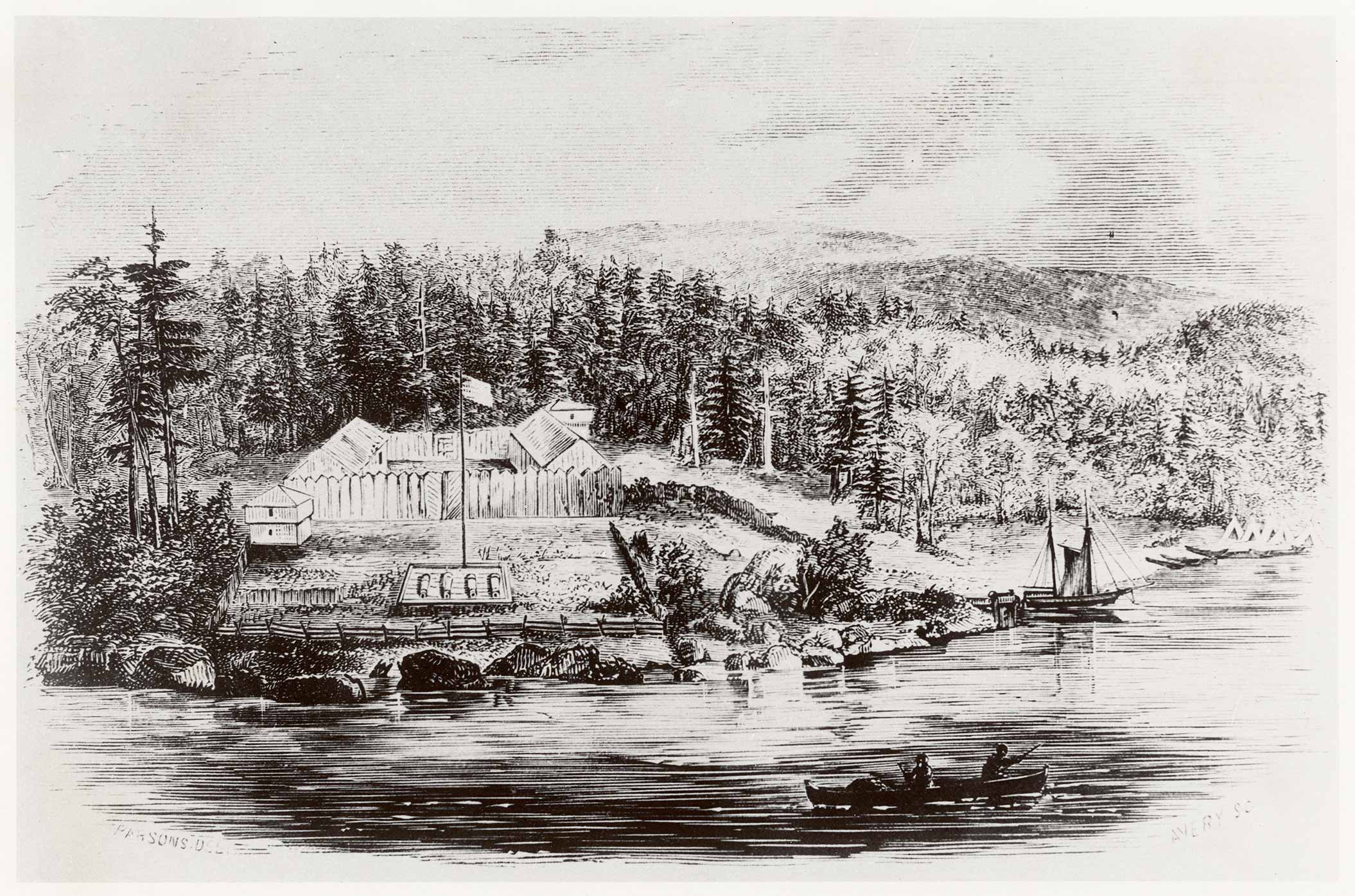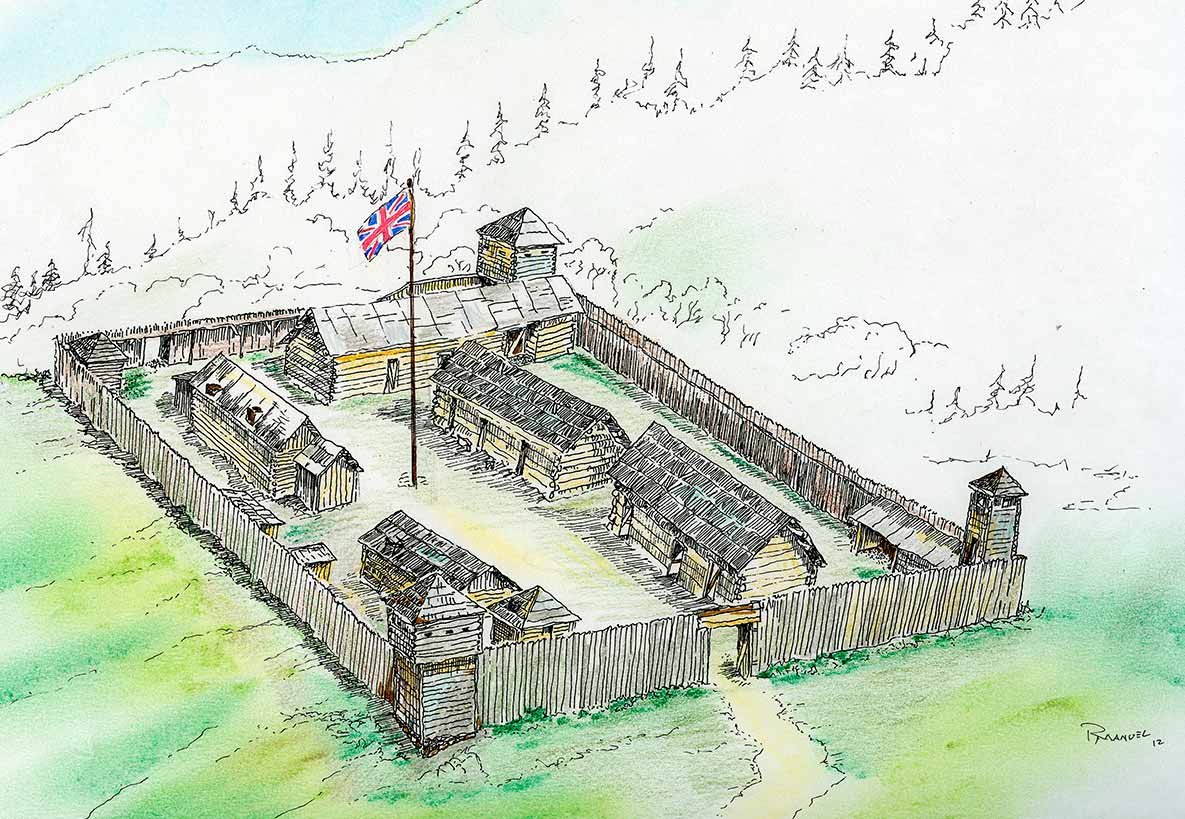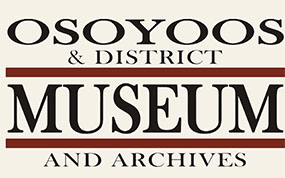
“Astoria, as it was in 1813.” From Gabriel Franchère, Narrative of a Voyage to the Northwest Coast of America, in the years 1810, 1811, 1812, 1813, and 1814 or the First American Settlement on the Pacific. New York: Redfield, 1854.
The Fate of Fort Astoria
News of the War
War was declared between Great Britain and the United States on June 18, 1812, and hostilities broke out in the East. News of the war travelled extraordinarily slowly across the continent. Word finally reached the Oregon Country in December 1812, a full seven months after war had been declared.
Representing British interests, a North West Company (NWC) party (the “Nor’westers”), led by John George McTavish, arrived at Pacific Fur Company’s (PFC) Fort Spokane with a copy of the declaration of war. This bad news reached Fort Astoria by mid-January 1813.
Four months later, in April 1813, the Astorians were surprised by a visit from the Nor’westers themselves. These men — McTavish and 17 others — brought news of the imminent arrival of the Isaac Todd, a NWC supply ship.
The Isaac Todd had an armed escort, which was to seize the fort and “take and destroy everything that is American on the North West Coast.” Astor’s partners at Fort Astoria feared that the British would seize the post by force, causing injury or loss of life.

Fort Astoria after it was sold to the North West Company. This accurate sketch is based on a historical plan of the fort. Watercolour painting courtesy Randy Manuel (2012).
The Issac Todd Never Arrives
When the British supply ship and its armed escort failed to appear by the autumn of 1813, McTavish made an offer to the Astorians: to buy the post, including all its provisions, pelts, tools and buildings. This would peacefully transfer control of Fort Astoria from American to British hands. The PFC would receive payment, and the NWC would gain the fort.
An inventory was made of all the trade goods including blankets, knives, beads and cotton fabrics, and foodstuffs such as brandy, gin, flour and rice. By July 1813, all the decisions had been made between the Astorians and the Nor’westers, except prices had not yet been specified.
The Sale of the Fort
Since most men in both companies were British subjects, coming from similar backgrounds and often related, it was not difficult for the two sides to get together and broker the peaceful sale of forts, as the men knew and understood one another.
While Hunt, the American commander at Fort Astoria, was away on a sea expedition to Alaska, McDougall and the other Astorians worked out terms with McTavish. McDougall signed the final agreement with McTavish, in Hunt’s absence, on October 16, 1813. A few days later, McDougall handed over the keys to Astoria’s warehouse. McTavish lowered the American flag and raised the British flag above Fort Astoria.
The NWC partners had settled for $80,500, although the inventory in furs and goods amounted to $200,000. When Hunt returned, he was very displeased, but the die had been cast.

